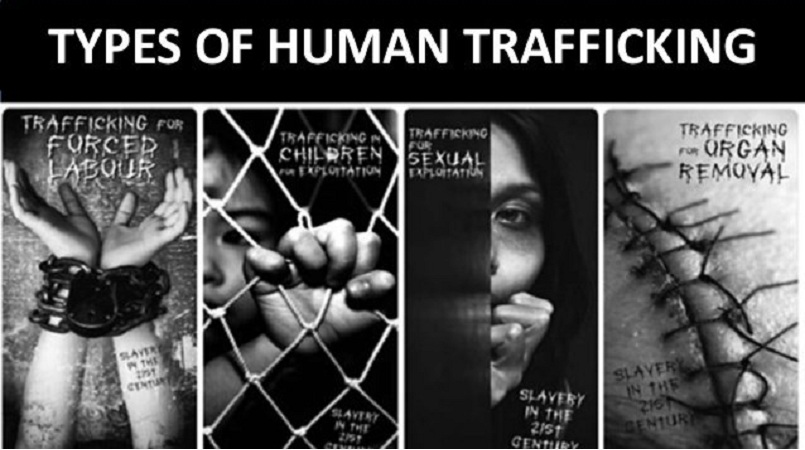
Victims of human trafficking who are illegally brought into Papua New Guinea do not have a long term safe-house which they can be kept in while awaiting their case in court.
The International Organization for Migration (IOM) says it does not have a separate facility to accommodate and act as a safe house for these victims but it is using current facilities like those of the family and sexual violence unit.
Several ‘Meri Seif’ houses across the city are also used to accommodate these victims but they are only kept for up to two weeks, which is now a challenge trafficking victims face.
This issue was raised during the three-day workshop facilitated by IOM and the Department of Justice and Attorney-General, or DJAG. This workshop ends today.
Police Prosecutor Chief Sergeant Polon Koniu raised the issue during discussions yesterday, saying stakeholders must consider the safety of victims of trafficking during the period their cases are before the courts.
IOM said talks are in place to have victims of human trafficking placed in transit houses but this can be done through better cooperation from all stakeholders.
Human trafficking is a modern form of slavery which is prohibited under PNG laws and forced labour is a form of exploitation.
Trafficking of persons involves the recruitment and movement of people and also exploitation. Human trafficking occurs both transnationally and domestically. Legal documents can be used in trafficking but people can still be exploited.
People smuggling is an act of international facilitation that sees the unlawful entry of persons into a country. This involves the payment of monies for people to transport someone. Smuggling is the illegal movement of persons into and out of a country, which is a crime against the state.
